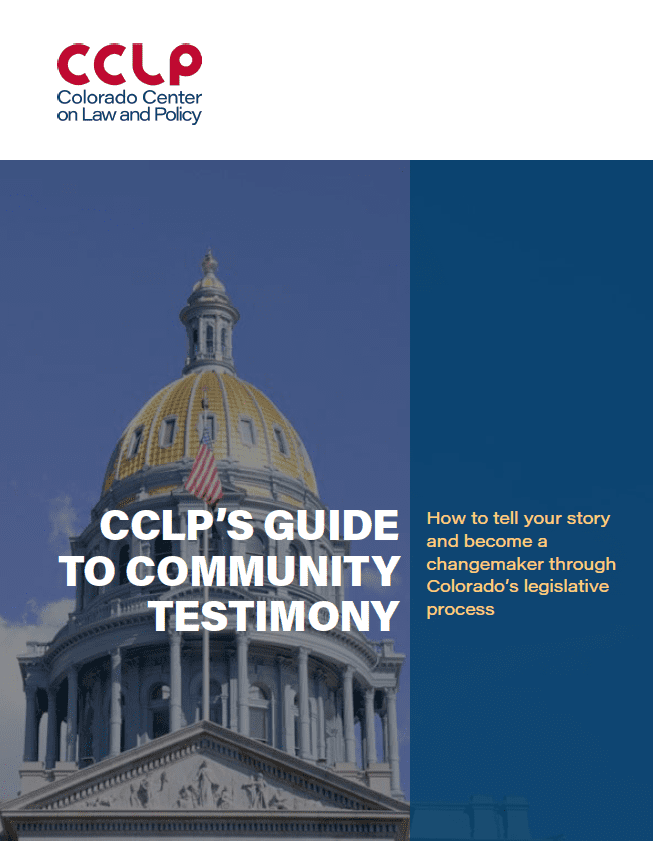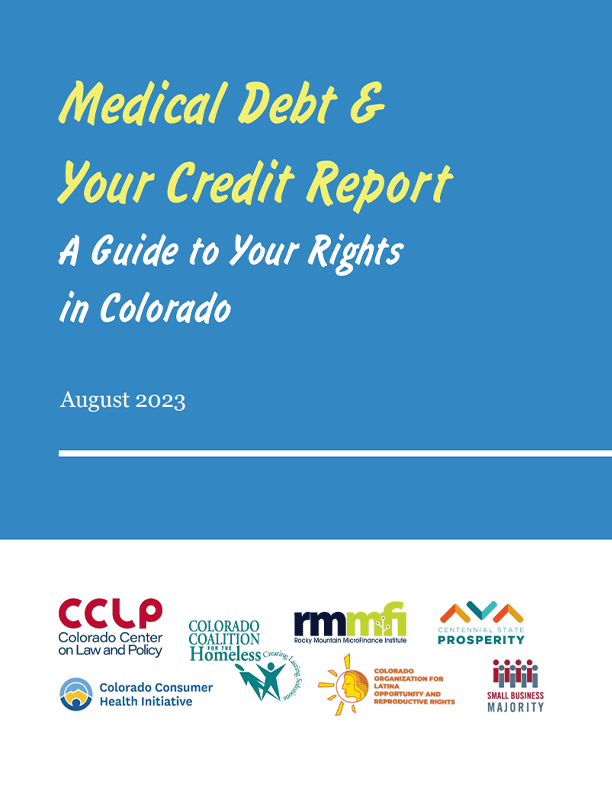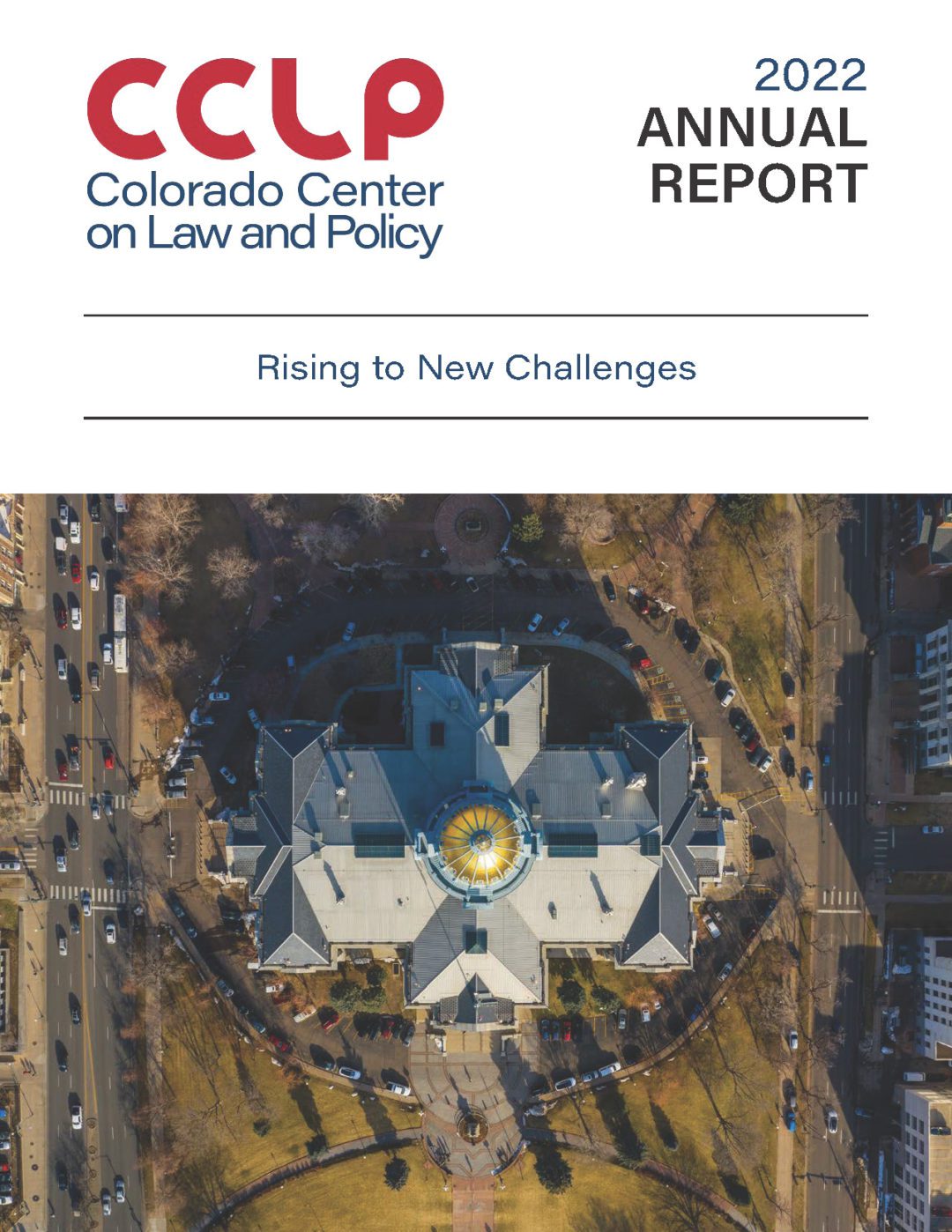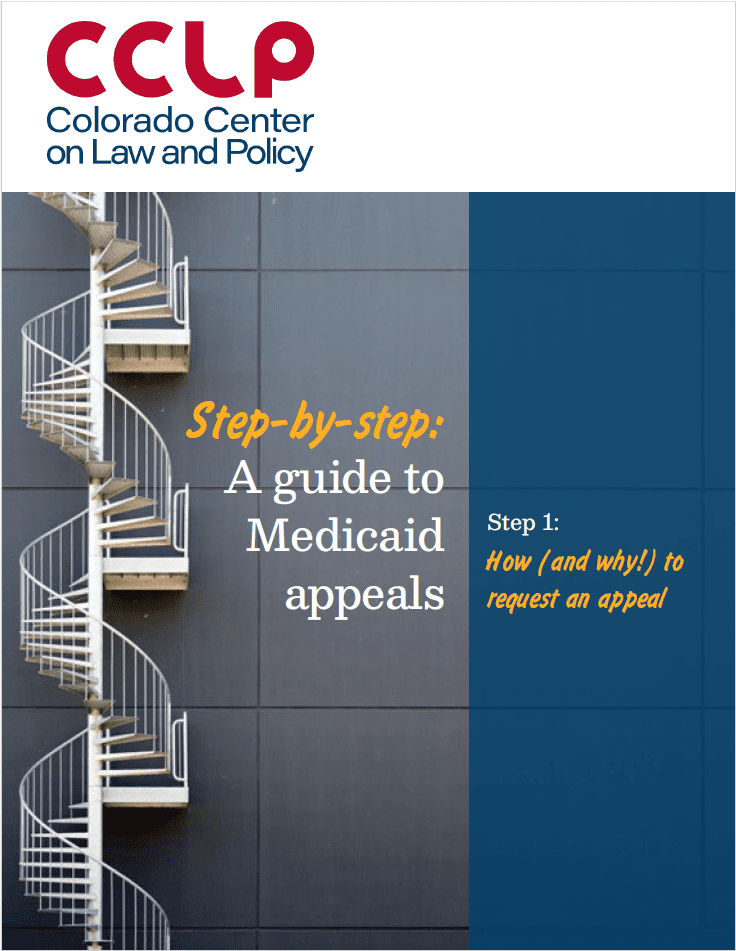As 2006 came to an end, it also brought new beginnings: a new Governor in Colorado, new members of the legislature, some new faces in our agency, and a renewed passion for the issues we care so deeply about.
We often times focus on and get caught up in the compelling problems and suffering experienced by those we serve and as a result sometimes lose sight of the bigger “vision.” Successes are cause for momentary celebrations. Setbacks prompt frustration.
We do however periodically step back to renew ourselves by focusing on the “vision.” As an agency that seeks to promote systemic change, we must focus on the “big picture” or we will lose our way. That big picture focuses on critical questions: What kind of Colorado do we want to live in and have our children inherit? What kind of schools do we want future generations to learn in and what kind of educational system do we want them to participate in? What kind of health care services and systems do our fellow Coloradans need, and how can we best deliver health care? What will it take to ensure that all Coloradans can pay for the bare necessities?
At CCLP we strive to play a central role in answering these vital questions. As our staff, our expertise, and our capabilities have grown and evolved, we increasingly serve as a valued and credible resource to others. We are also charged with taking on the task of government watchdog-holding public agencies and officials accountable, seeking more transparency in public financing and ensuring that our state’s economic policies are constructed in fairness to all Coloradans particularly lower income Coloradans.
Our successes have created an organizational momentum that we will continue to build upon during the upcoming year. Likewise, we will continue building strong partnerships with an outstanding array of nonprofits, advocacy groups, service providers, and other organizations that are all pulling in the same direction to make Colorado a better place.
We are proud of our achievements, passionate about the work we have before us, and deeply appreciative for all the support that ensures our ongoing success.
CCLP Executive Director









